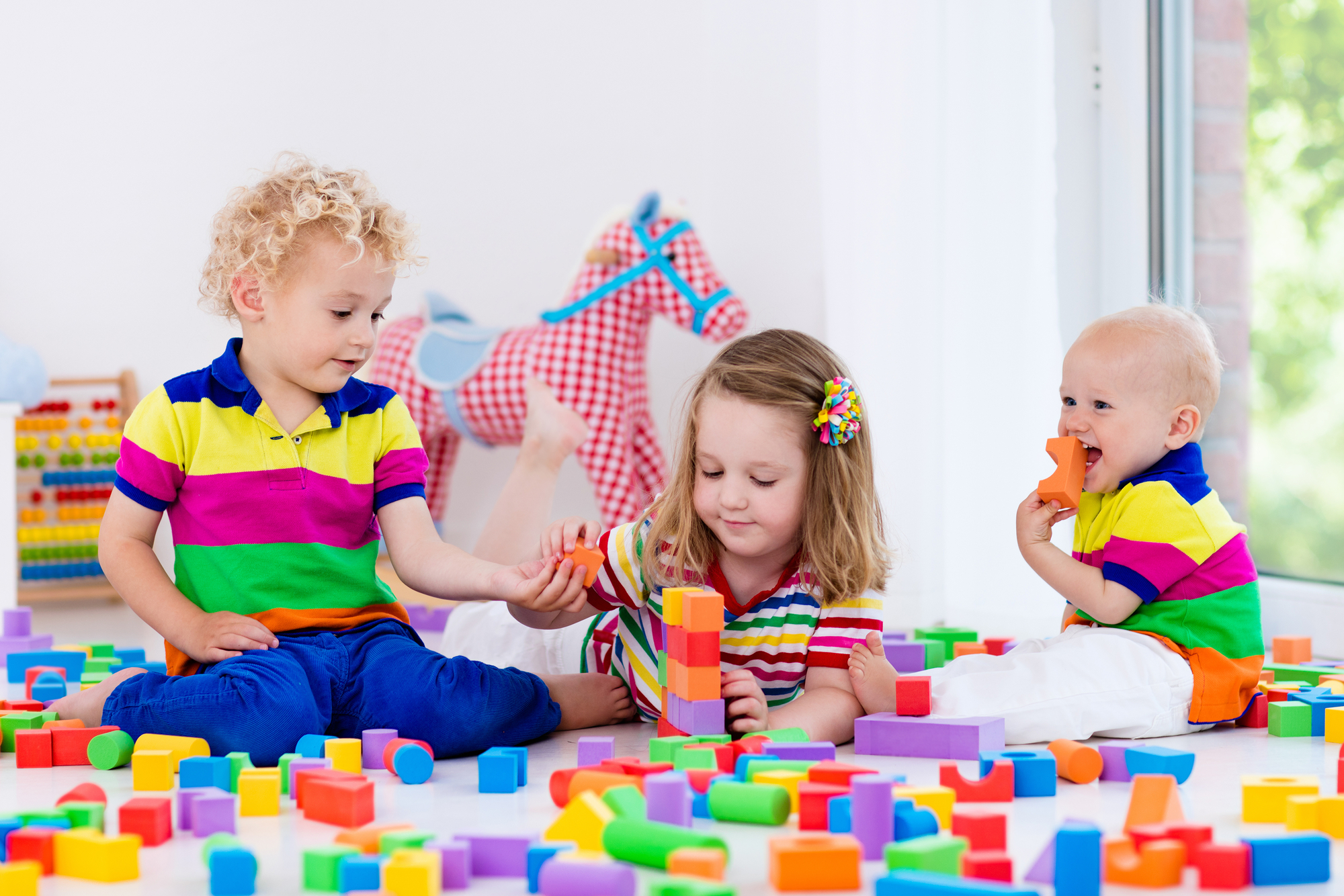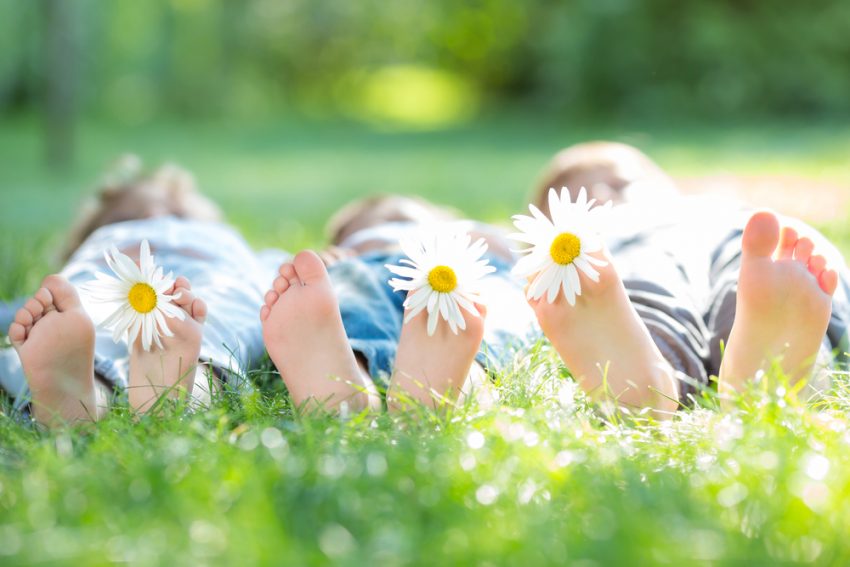Parents constantly ask themselves what is best for their children. In the modern, competitive world, they want to see their children grow up and experience success and happiness.
But how do we prepare our children for success?
One answer is to offer children rich and varied learning experience when they are young. Modern children attend preschool or formal schooling and they often attend numerous extra-curricular activities including sports, arts, social and educational activities outside of school hours. A child may be so busy with enriching music, cognitive programs, early reading lessons, dance and sport that they get home in time to eat, bathe and fall into bed!
Are children being overscheduled?
No-one is arguing against the benefits of any one of these pursuits, but we have to assess whether our children may not be over-scheduled? Are they involved in so many directed activities, that they no longer have time to determine their own actions, think their own thoughts and follow the possibilities in their own imaginations? We also have to be aware of the impact of modern technology on their time.
Do children have time to develop their own minds?
In ‘Tools of the Mind’, the theories of learning from the renowned Russian psychologist Lev Vygotsky are elaborated. He believed of the power of play in learning. Based on his work, many research studies have been carried out about the positive outcomes of play.
Play, including dramatisation, leads to gains in thinking, social development and school-related skills. These include speech, language comprehension, imagination, concentration, self-regulation, curiosity, problem solving, empathy and group participation’
What is lost to the child who has too little time to play?
To gain a sense of this, we need only ask parents of young children to recall their own childhoods. They will no doubt remember having time outdoors with siblings and friends, having a few cherished toys and possibly even leaving their own backyards to play with friends in the neighbourhood. They might relate how they played on the beach, climbed trees, dandled their feet in water and spent time engrossed in imaginative play where their personas as pirates, superheroes, mermaids, kittens, dragons, teachers and mums and dads consumed their thoughts for hours.
When children are continuously regulated in their thoughts and actions, they don’t learn to script their own thoughts and behaviour. Their engagement becomes passive and they learn to merely follow instructions. If they spend hours in front of television or at the interface with a screen, this is also true.
When children are playing, they are learning how the world works. They are exploring relationships and social roles; they are trying out new perspectives and unpacking what is going on around them. They project themselves into the future and into the past. They even cross over into fantasy where they create and solve problems in collaboration with others.
The beauty of block play
Certain kinds of play are even excellent seedbeds of knowledge for reading, writing and maths.
For example block construction is great for learning. As children build, narratives develop around the construction and each participant is equally involved in developing the ideas. The blocks may be homes, work places, modes of transport, or scenes for playing out fantasies. It is always serious work and it can occupy the children for several hours. Children are learning about motives, emotions and socially acceptable mores.
Many mathematical concepts are incorporated like number, shape, symmetry, balance, matching and comparing. As their experience increases, the buildings will become more and more complex. Generally the building develops horizontally to begin with and spreads out. Later, when children learn to balance and match the blocks, they proceed to vertical constructions that are highly organised and may be elaborated with intricate decoration.
The benefits described in block play extend to other kinds of play with friends and siblings like running a store, manning a hospital, creating a restaurant, looking after pets or simply experiment with a collections of objects. Who cannot relate how they saw an infant play with a cardboard box for hours; or how a shell collection or bag of bottle tops became the best kind of toy?
Playing with your children
Parents of this generation may also recall time spent playing board games and team games with their parents and siblings. These old-fashioned games were wonderful for developing strategies and for developing planning behaviour. Once again, maths, language and other general knowledge skills were being developed.
Add to this learning, the warmth and support experienced in play with family members, and we begin to sketch out what our youngest citizens may be missing out on as they are harried and hurried from one organised activity to another.
Play promotes physical health and wellbeing
We also need to think about children’s physical development. Because children are being hurried and their time scheduled, they have less time to spend using their bodies freely in play. Running unhampered, jumping, climbing, creating the world into a spontaneous obstacle course and dancing for joy need to be reintroduced into children’s daily lives. We currently have the greatest percentage of obese children in history.
As parents make plans for their families, it is important for them to recognise the value of and to consider simple ‘me time’ and ‘play time’ for their children. In doing so, parents might even catch a little ‘me time’ for themselves!
Lili-Ann Kriegler (B. A Hons, H. Dip. Ed, M.Ed.) is a Melbourne-based education consultant and award-winning author. Lili-Ann writes to share the wisdom she has acquired through her training and 30 years’ experience in education. She is a child, parent and family advocate who believes that education is a transformative force for humanity. Website: https://www.kriegler-education.com/








